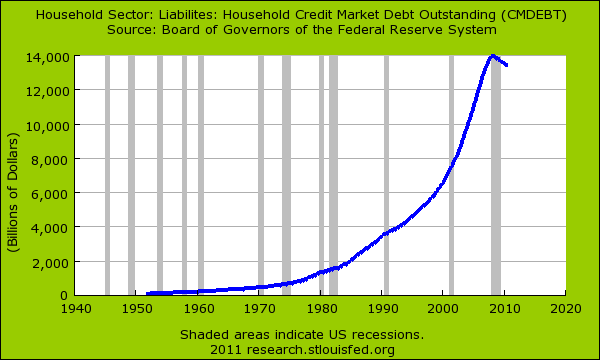
Tuesday we looked at how the top 10 consumer product companies. Wednesday was a look at the top 6 broadcasting companies. Today is a snapshot of the banking industry. Over the past two decades in particular, the top U.S. banks have been buying smaller banks. In the 2008 financial crisis these banks were deemed “too big to fail,” thus they were a part of a $14 trillion buyout. The graphic above shows the trajectory of how big banks have become too big to fail.
Today, the FDIC insures around $13 trillion in assets. The top 10 banks hold $11 trillion of those assets. In other words the top 10 U.S. banks hold nearly 85% of the assets insured by the FDIC.
Simon Johnson, an MIT professor and banking expert wrote a blog post today for the NY Times in which he explains the need and movement for the breaking up of the biggest 4 banks. Watch for the SAFE Banking Act in the days to come. It really needs to pass.
Two other interesting graphics that help us to understand the problem. First, is a graph showing the increase in household consumer debt since the 1940s. This is a stunning look at our debt crisis and how it begins with household debt. It’s also stunning to see that it peaked at the time of the recession and has continued to fall since then.

The final graphic shows the trend in political contributions by Wall Street. In 2008 There was a significant shift in their allegiance away from the Dems and toward the Republicans. Wall Street has been putting all of their eggs in the Republican basket since that time. They are counting on Republicans to look out for their interests now, and it is perhaps less surprising that an ex-investment banker is the Republican candidate for president. In the upcoming presidential campaign, these enormous banks are now considered people – thank you Citizens United – and can give unlimited contributions to superPACs that support the candidate of their choice – for the time being this will likely be a republican if it is a presidential or house race, and a democrat if its a senate race. The United States Supreme Court decision to allow unlimited corporate contributions was simply a bad decision. It needs to be overturned.













